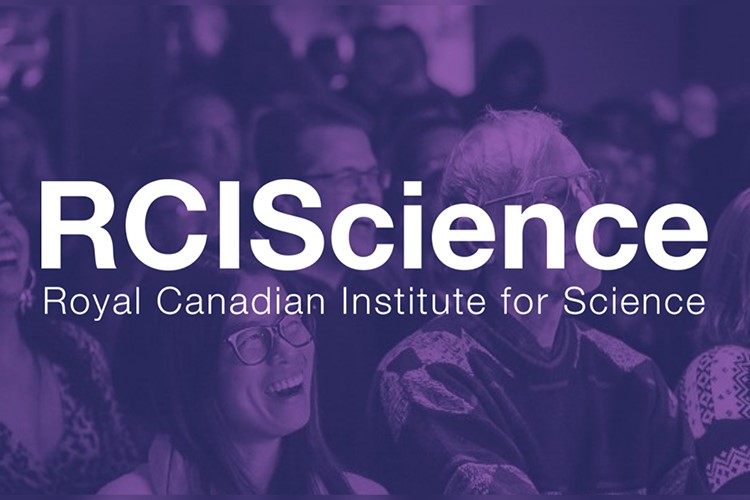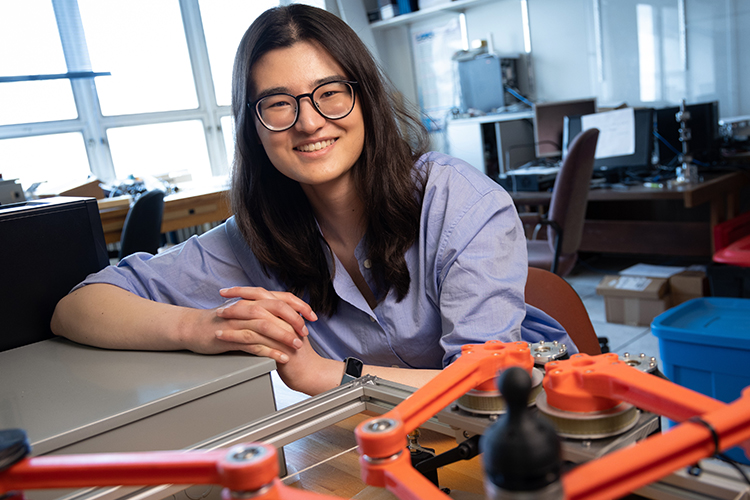The Royal Canadian Institute for Science (RCIScience)

The Royal Canadian Institute for Science (RCIScience) is the recipient of the NSERC Award for Science Promotion (Organization). Since its founding in 1849, the Institute has helped shape the scientific landscape of Canada and it currently fills a critical need: to foster public engagement with science.
A common thread running through the long history of RCIScience is connecting Canadians with science. Seventy years ago, attending an “Institute” talk meant dressing up on a Saturday night and heading down to the University of Toronto to listen to an eminent scientist give a presentation. Today, you can still hear talks from eminent scientists, but right alongside them are early-career researchers on the cusp of discovery. If you’ve dressed up, it’s more likely that you’re at a tasting to explore the chemistry behind a wheel of brie or you’re attending one of their science-themed variety shows.
RCIScience is one of the few organizations that keeps its focus mainly on adult audiences. Using many types of engagement, RCIScience reaches a range of audiences, from the merely curious to the deeply knowledgeable. Different programs allow people to participate at their own pace, by attending live events, watching them later on YouTube, reading a blog or following an Instagram takeover. RCIScience provides many pathways to engagement with science, technology, engineering and math (STEM).
The COVID-19 pandemic took this outreach to a new level. Rather than shutting down (as it did during the influenza pandemic of 1918 to 1921), RCIScience turned entirely to online program delivery. While some events covered timely topics such as the COVID-19 vaccines and pandemic trends, others talked about forest fires, the future of food, and the importance of exercise for mental as well as physical health.
In the last three years alone, RCIScience has hosted 115 events featuring over 300 scientists and reaching more than two million people, both in person and online. Thanks to the help of more than 100 volunteers, most of these programs are delivered free of charge or at very low cost to encourage participation. Details on upcoming events can be found on the ![]() RCIScience website or by following @RCIScience on social media.
RCIScience website or by following @RCIScience on social media.
Up next

High school injuries inspire engineering grad to explore biomedical solutions
Portia Rayner describes her University of Alberta engineering degree as a seismic “shift in mentality.”